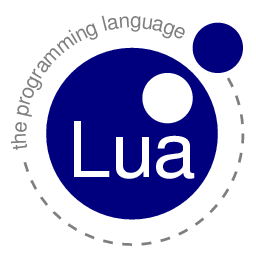 O Vale do Silício, na California, é o centro mundial da produção de software, o que não impediu que um grupo de especialistas do Rio de Janeiro desenvolvesse uma linguagem de computação, Lua, usada em todo mundo, inclusive na produção do famoso jogo dos “Angry Brids”. Como isto foi possível? O que significa, a partir de um “lugar errado” viver, trabalhar e produzir em um mundo cada vez mais globalizado, que ao mesmo tempo concentra os recursos e os talentos, mas também abre oportunidades inesperadas?
O Vale do Silício, na California, é o centro mundial da produção de software, o que não impediu que um grupo de especialistas do Rio de Janeiro desenvolvesse uma linguagem de computação, Lua, usada em todo mundo, inclusive na produção do famoso jogo dos “Angry Brids”. Como isto foi possível? O que significa, a partir de um “lugar errado” viver, trabalhar e produzir em um mundo cada vez mais globalizado, que ao mesmo tempo concentra os recursos e os talentos, mas também abre oportunidades inesperadas?
Este é o tema do livro de Yuri Takhteyev, ele mesmo um exemplo vivo do mundo globalizado em que vivemos: russo de Vladivostok, engenheiro formado por Stanford, doutor em ciências da informação por Berkeley, vivendo no Canadá, casado com uma brasileira, e fluente nas diversas línguas dos países em que tem vivido e trabalhado.
Comentando o livro, diz Howard S. Becker:
“Coding Places opens the black box of ‘globalization’ to show us the pieces involved in that process—people, technical objects, government agencies, universities, businesses—in intimate detail: how they work, what they need to survive, what they furnish to others, the network of their connections, conflicts, and accommodations. We see the whole machine in operation: how the many possible inputs generate a variety of outputs, technically and organizationally. And we learn a way of thinking that we can apply to the arts, science, or business, to any kind of activity with worldwide extension and ramifications. It does all this with a depth of vision and a clarity in telling the story seldom found in the social sciences.
Mais sobre “Coding Places – Software Practice in a South American City”, publicado pela MIT Press, pode ser visto aqui.